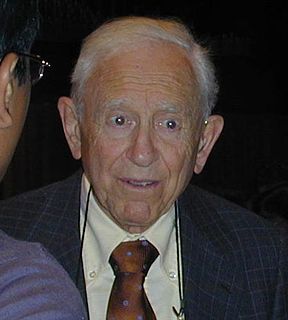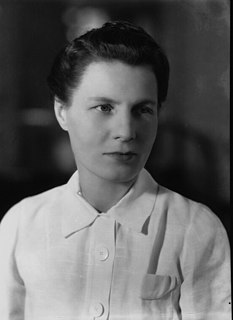A Quote by Paul Samuelson
Economics is not an exact science. It's a combination of an art and elements of science. And that's almost the first and last lesson to be learned about economics: that in my judgment, we are not converging toward exactitude, but we're improving our data bases and our ways of reasoning about them.
Related Quotes
Economics and a reliance on science and technology to solve our problems has led to an unsustainable situation where continued growth in consumption is required for governments and business to be considered successful. This is a form of insanity. Economics is at the heart of our destructive ways and our faith in it has blinded us
My mother and my father taught me to look at the actual problem, not the face of it, not the veneer of it. So for me, I was never - I was impressed that it - racially, I was impressed, right, but now in America it's about economics, and it's been about economics, and honestly, everything's been about economics since I don't want to say the beginning of time, but it's been about economics for a long while.
Magic is a combination of art and science. It's an art because of the traditional parts of things, the graceful gestures, the sonorous invocations, the use of colour, sight, sound, all of these things make it very much an art form. Yet it is also a science as well because we expect something to come of what we do. Using and creating these almost dreamlike inner landscapes in which we can live, move, and have our being.

































